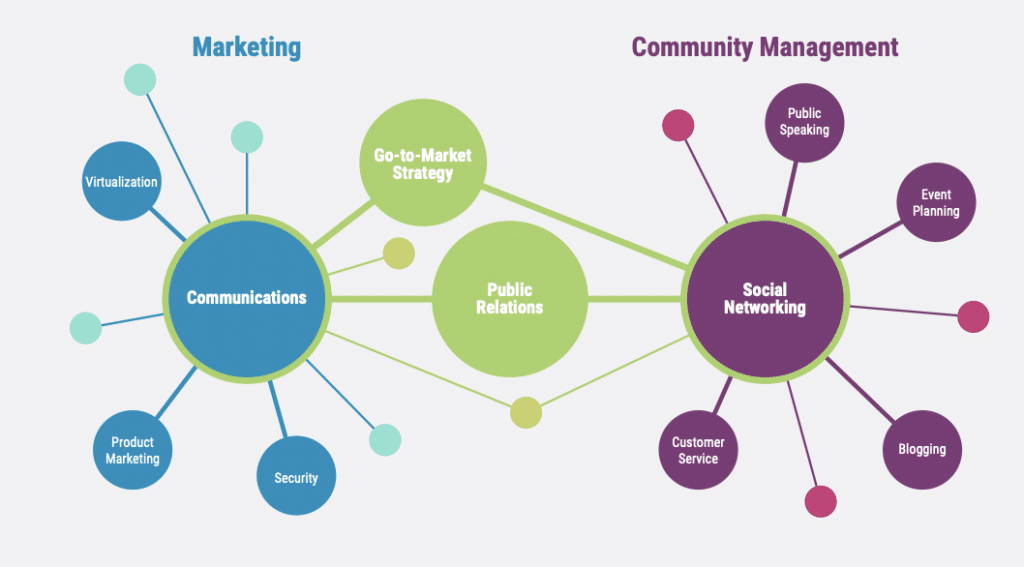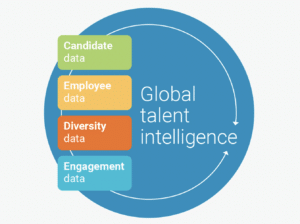But what about candidates?
According to PwC’s Future of Recruiting Survey, 49 percent of candidates have turned down a job due to a bad recruiting experience. That’s a high percentage given how much is at stake in terms of vacancy costs, drops in productivity, added stress/work for teams missing headcount, and more.
This is even more shocking if you consider that in Eightfold’s 2022 survey of nearly 1,000 U.S.-based employees, 74 percent of respondents considered applying for a role in the past 18 months but stopped short either due to not feeling qualified or because the job description was too vague.
While recruiters can’t control the market, they can take steps to improve the candidate experience and maximize their chances of acquiring talent. Here are the five biggest factors dragging down the candidate experience and how to fix them.
Candidates won’t apply to jobs if they don’t feel qualified. According to Eightfold’s 2022 talent survey, candidates disqualify themselves for multiple reasons, including their past experience not directly aligned to the job description or if they think they lack adequate experience.
Harvard Business Review adds that it’s not just a feeling of inadequacy. Most candidates believe they can do the job even if their experience isn’t a match. They just don’t think they’ll get hired and don’t want to waste their time.
Additionally, a LinkedIn Gender Insights Report, women apply for 20 percent fewer jobs than men despite similar job search behaviors.
Recruiters need a better way to let all candidates know they’re wanted.
Transferable skills aren’t considered. There are many transferable skills that should be accounted for when recruiting that may not show up on a resume.
For example, a community manager who’s mastered social networking and communications could be a great fit for a marketing role, but most organizations don’t have a way to gauge transferable skills or look beyond resumes.

Resumes simply fall short. They’re backward-looking, and keywords only go so far in revealing what a candidate is capable or willing to do. They won’t show someone’s ability to learn something new or put in hard work to excel in a role. Organizations need a way to find candidate insights that go beyond the resume.
Candidates’ job searches are limited by their knowledge of the organization. Along with not knowing if they’re qualified for the roles they find, candidates don’t see all the roles they may be qualified for within an organization.
Often, candidates are eligible for multiple positions they may have never considered, especially when transferable skills and potential are considered. For example, a sales professional could be a great fit for a customer success or marketing role based on their background. Organizations need a way to surface relevant jobs to candidates.
The hiring process is slow and clunky. Many things can slow down the hiring process, including too many interviews, drawing out the hiring decision for too long, or outright “ghosting” candidates.
There’s also the underlying problem that recruiters have been overworked and exhausted since the start of the pandemic. But a whopping 62 percent of candidates lose interest after not hearing back for two weeks. This rises to 77 percent after three weeks.
Transparency and communication go a long way in boosting candidates’ experiences. Communication is easier if recruiters can automate parts of the hiring process, easing their burden and reducing administrative tasks.

The Fix Requires a Mindset Shift. We Call It ‘The New Talent Code’
Enter The New Talent Code, a guiding principle for talent excellence that helps HR Leaders improve outcomes for candidates, employees, and recruiters using talent intelligence.
Talent intelligence is artificial intelligence for HR that enhances every aspect of the talent lifecycle. It helps candidates feel confident when they apply to jobs by pointing out exactly which jobs they’re qualified for, and lets organizations understand what candidates bring to the table beyond their resume.
When you extend beyond a system of record into a system of intelligence, you can look at talent holistically.

Here are five ways talent intelligence platforms elevate the candidate experience:
Careers site: AI implemented on your career site matches candidates to open roles based on the candidate’s profile and what the company needs. This helps candidates feel confident when they apply, because the AI has already matched them as a great fit.
Screening: AI ranks strong matches first, saving recruiters and candidates time in the hiring process.
Scheduling. AI can automatically schedule interviews. Faster scheduling leads to faster decision-making and an improved hiring experience. This also reduces administrative time by about 60 percent and frees up talent professionals for more strategic work, including interviews and outreach.
Interviews: With a Talent Intelligence Platform, interviews can be more focused. AI can validate skills on candidates’ resumes. It can also confirm a skill that the AI has indicated a candidate hasn’t listed but is likely to have. Similarly, AI may indicate that a given skill is missing. Recruiters can use the job interview to determine whether a candidate has these missing skills, and candidates have a chance to prove if they’re a good fit.
DE&I: AI can help reduce unconscious bias by anonymizing resumes so that candidates are evaluated based on their abilities and potential.
60% Improved recruiter efficiency at a discount airline by automating resume processing using the Eightfold Talent Intelligence Platform.
Want to learn more about Eightfold’s Talent Intelligence Platform and The New Talent Code? Check out our infobook or request a demo today to see how Eightfold can help you transform the candidate experience.


